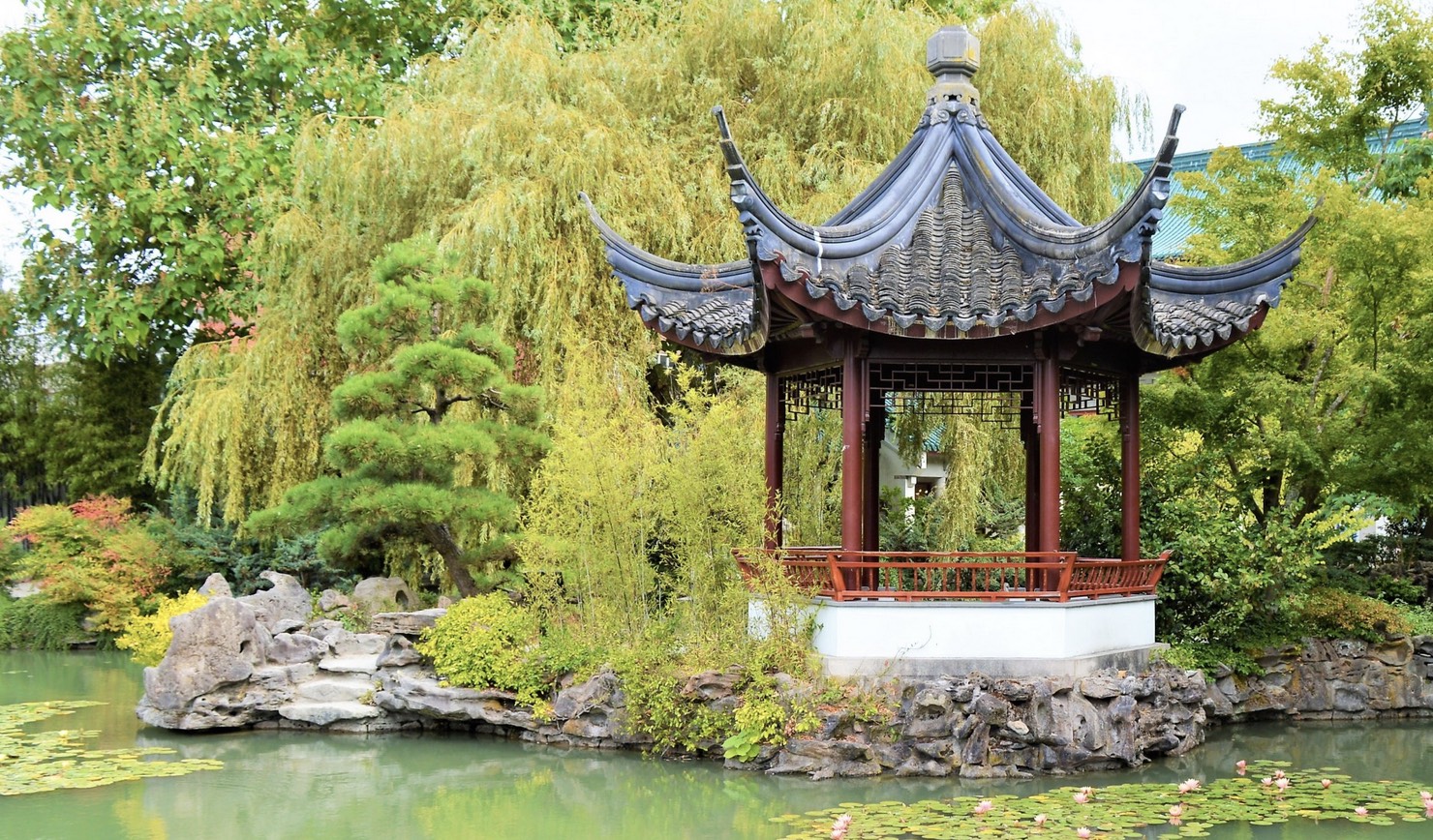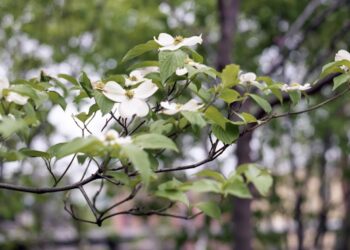 Have you ever arrived somewhere and suddenly felt as though you’d come home? Relieved of all that was weighing you down, you are at rest and fully at home with where you are. You are yourself and yet somehow beyond yourself. All judgments of self and others washed away. All comparisons, gone. All expectations, gone. Aware and awake, yet relaxed and open.
Have you ever arrived somewhere and suddenly felt as though you’d come home? Relieved of all that was weighing you down, you are at rest and fully at home with where you are. You are yourself and yet somehow beyond yourself. All judgments of self and others washed away. All comparisons, gone. All expectations, gone. Aware and awake, yet relaxed and open.
I had never been to Vancouver before. After walking a couple of miles from my AirBnB, I came to the Dr. Sun Yat-Sen Classical Chinese Garden, a traditional scholar’s garden in Ming Dynasty style. I got a ticket and went through the entry way into the main courtyard, and then suddenly everything changed. There in the central pond, raised slightly on a rock foundation, I saw what to me looked like a temple. Everywhere in all directions there were other views, but in the middle, the temple. And everything inside me relaxed, and I felt “I’ve come home—I’m finally at home, fully at home.”
Later I was told that this small temple-like structure, open on all sides, was a type of pavilion, or “ting,” and that this particular ting in its setting—with its roof in the sky, its foundation built on rock, surrounded by water with all the symbolism of water’s flow and transformation—is a symbol of our human position in the scheme of things, the human condition. In between earth and heaven, striving to balance yin and yang. Reaching into the sky, yet grounded on earth. Experiencing and bridging all opposites, ever changing, and always in between. A place where earth reaches toward heaven, and heaven reaches toward us.
I had to wonder, what happened? Was it the surprise and beauty of that unexpected view, seen without the veil of thought or expectations, that suddenly brought me home? Was it the conscious design of that meditative space, bringing all opposites into harmony? Was it ancestral memory? A combination of these, and being away from day-to-day routines and concerns? Or was it something else, beyond my ability to know?
Whatever it was, I was suddenly transported home to the holy yet wholly human meditation pavilion within us, always in between, yet always perfectly in the center, surrounded by beauty, drenched in wisdom. That’s the place where we are at home. Not needing to be other than how we are, letting go of all comparisons, all expectations, outward and inward. Without any considerations about how we are, unguarded and self-accepting to a degree where the very question of acceptance or non-acceptance doesn’t even arise. With an inner hospitality toward ourselves, a gentle ease. Where the guest house of being human, to quote Rumi’s famous poem, is not a problem.
And I learned that another meaning of the word “ting” is “listen.” The classical Chinese character for listen combines characters representing ears, eyes, mind, attention, and heart, or feeling. And toward the center of the character there is an almost-horizontal line that indicates “one” or “become as one.” When we truly listen with all our feeling-attention, we are open, receptive and quiet. In that listening, our hearing, seeing, attention and feeling are in harmony, the waters of our mindstream can settle and clear, and we are at one with what is. We come home to the peaceful center within ourselves.
We may not have an outward garden with a beautiful meditation pavilion in the center of a peaceful lake, but in the inward temple of ourselves, the ting of our being, we have our own ever-present inner pavilion—a place of peace and harmony, a place of deep listening without expectations or striving. This is the place where earth meets heaven, opposites find balance, and we are at home.
Photo: https://ambitionearth.com/visiting-dr-sun-yat-sen-classical-chinese-garden-vancouver/
~~~~~~~~~~~
The Guest House
This being human is a guest house.
Every morning a new arrival.
A joy, a depression, a meanness,
some momentary awareness comes
as an unexpected visitor.
Welcome and entertain them all!
Even if they’re a crowd of sorrows,
Who violently sweep your house
empty of its furniture.
Still, treat each guest honorably.
He may be clearing you out
for some new delight.
The dark thought, the shame, the malice,
meet them at the door laughing,
and invite them in.
Be grateful for whoever comes,
because each has been sent
as a guide from beyond.
— Rumi, in The Essential Rumi, translated by Coleman Barks—














